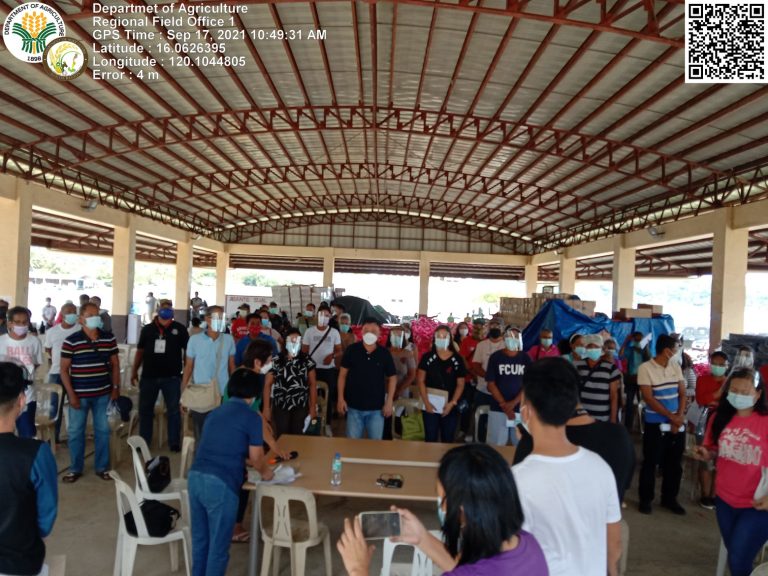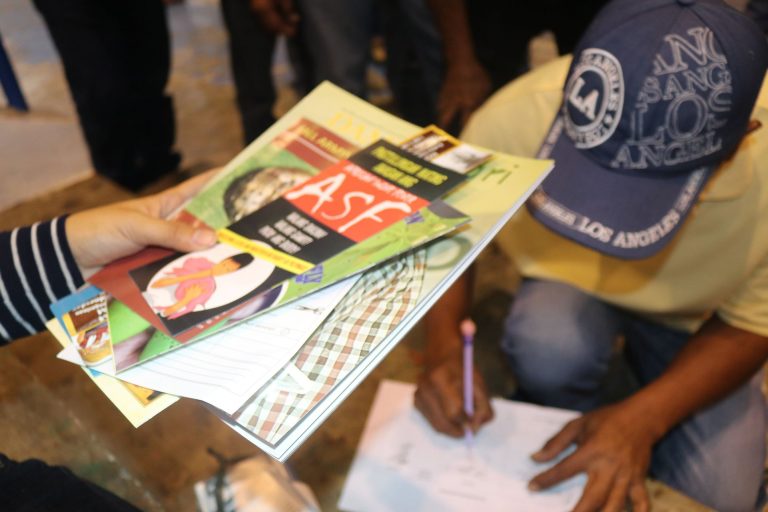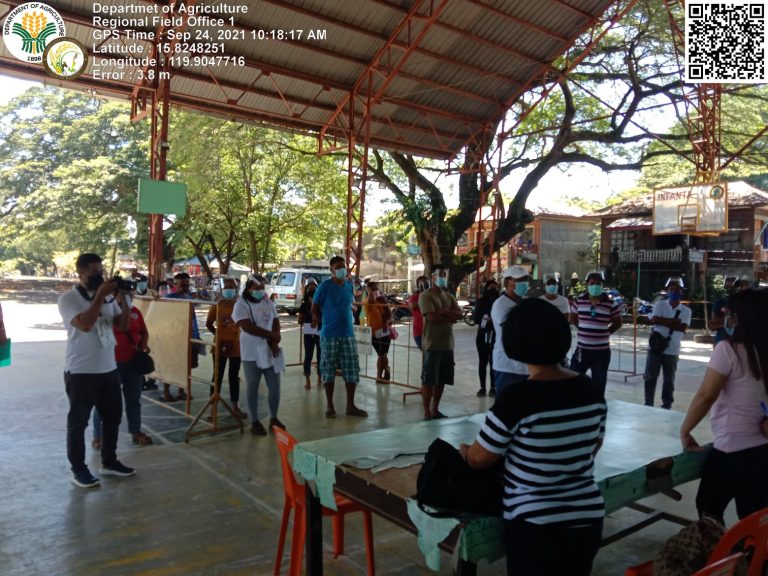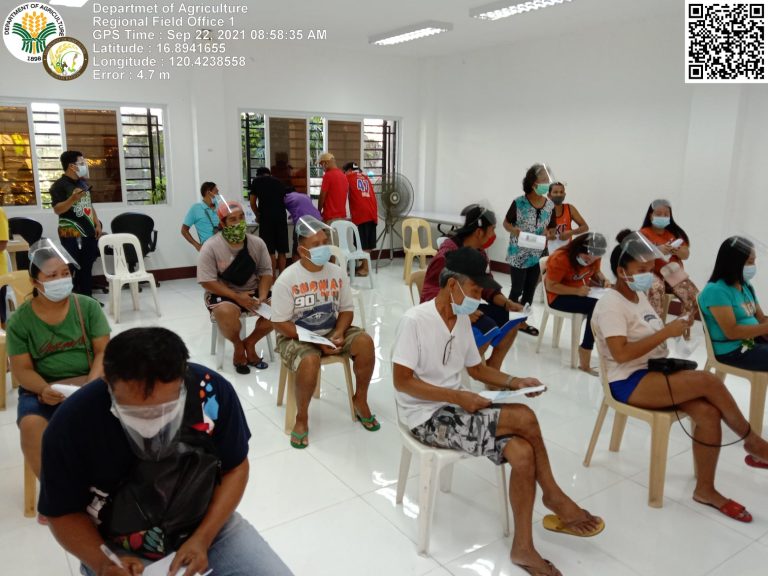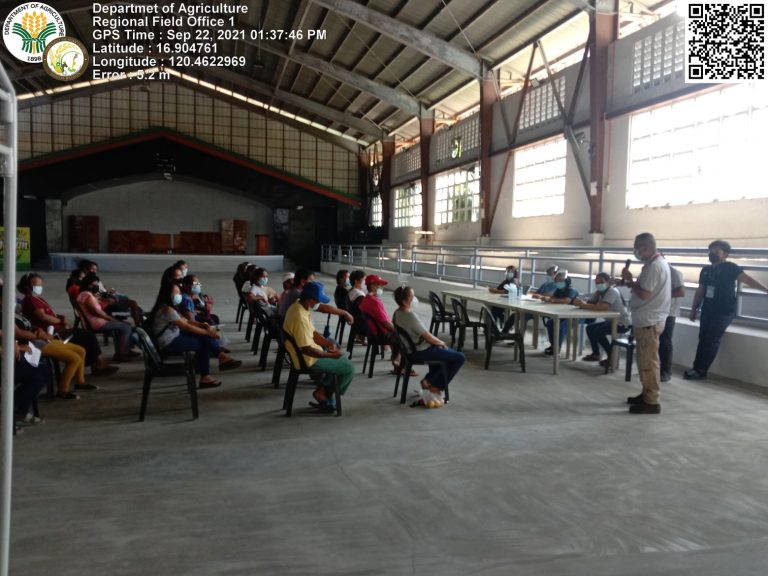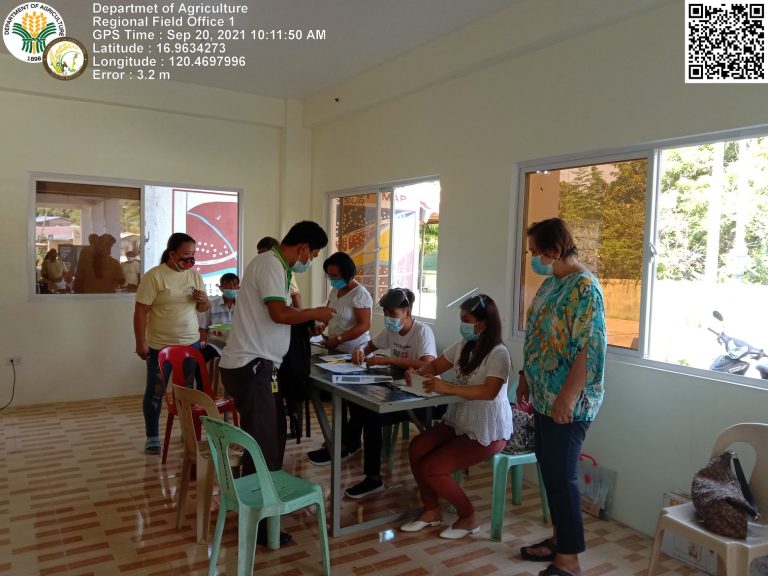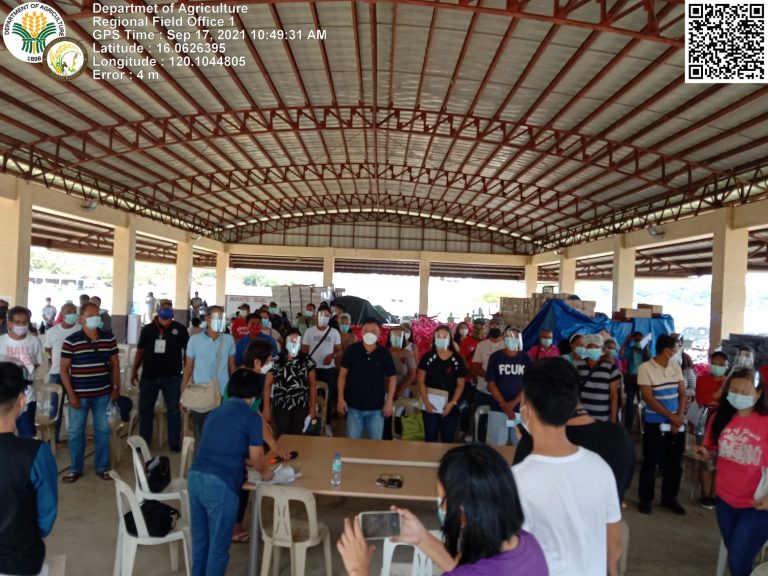LA UNION – A total of 3,949 hog raisers in the Ilocos region have already received their indemnification in lieu of their losses incurred due to the African Swine Fever (ASF) outbreak.
Said amount accounts for the 27,032 swines from the total of 45,970 culled as pre-emptive measure against the spread of ASF.
To date, P135 million out of the P229.9 million indemnification fund was already released to beneficiaries.
Control Measures
Dr. Annie Bares, head of the Regulatory Division of the Department of Agriculture in Ilocos Region, assures the public of the agency’s intensified measures to curb the spread of ASF.
In the recent week following report of rapid spread of the ASF virus in the province of Ilocos Sur, the Bureau of Animal Industry (BAI) and team from DA-RFO I conducted intensified risk assessment, surveillance and monitoring; strengthening of biosecurity implementation; capability building & awareness campaign; as well as strengthening and institutionalizing of LGU engagement in the said province.
Bares reiterates the crucial role of the local government units in controlling the possible spread of ASF in their locality by being proactive and exercising diligent coordination especially at the barangay level for a swift reporting of swine deaths so that prompt investigation of ASF cases can be done.
On the other hand, Bares also commends the efforts of the municipal LGUs that have already enacted ordinances in relation to ASF prevention and control. From the target of 54 municipal ordinances, 36 municipalities have already complied and passed their ASF ordinance. The province of La Union, in particular, has already passed an ordinance that seeks to put in place safety measures to protect the hog industry of the province. With La Union’s vigilant efforts against ASF, DA is hoping that the rest of the provinces in the region will pass a similar ordinance as well.
For its part, the DA upon receipt of report of swine death conducts surveillance and collect blood samples from fatteners, breeders, and piglets of the affected hog farm and once laboratory test results confirm the presence of the ASF virus, DA, in coordination with the LGU, shall conduct immediate culling at the index case and shall likewise implement selective or non-selective culling within the 500-meter radius where the index case originated.
Dr. Bares clarified that non-selective depopulation, or the killing of swine within the 500-meter radius from the infected zone, will only be implemented if there is a delay in reporting of cases, hence encourages prompt and vigilant reporting by swine raisers should they observe mortality among their stocks.
Another control measure being implemented by the agency is the regular conduct of ASF-related briefings with LGUs, veterinarians, and technicians; training of barangay bio-security officers through the ATI, and distribution of ASF-related information education and communication (IEC) materials to the public.
To expedite confirmation of possible ASF cases considering the distance of DA’s diagnostic laboratory for ASF from La Union, Ilocos Sur and Ilocos Norte provinces, a mobile Correction Polymerase Chain Reaction (CPCR) test kit is now made available by the DA to immediately process samples collected, hence proper response to prevent further spread of the ASF in a particular area can be achieved. These mobile CPCR test kits were already provided to the provinces of Ilocos Sur and Ilocos Norte while DA’s Regional Animal Disease Diagnostic Laboratory (RADDL) will cater to the provinces of Pangasinan and La Union.
BFAR intervention
Meanwhile, DA-RFO I OIC-Regional Executive Director Nestor D. Domenden has sought the support of the Bureau of Fisheries and Aquatic Resources (BFAR), together with the Fisheries and Aquatic Resource Management Councils (FARMCs) in coastal barangays, and the Philippine Coast Guard, for more vigilant surveillance of sea borders to monitor suspicious transport that may contain ‘hot meat’ cargoes as there were reports of unscrupulous traders taking the sea as a route to transport possible infected swine/pork.
RSBSA enrolment.
Since the contingent and Quick Response Funds for the indemnification process have already been transferred to the Philippine Crop Insurance Corporation (PCIC) effective July 1, 2021, all hog raisers are encouraged to enroll at the Registry System for Basic Sectors in Agriculture (RSBSA) to qualify in the indemnification assistance provided thru PCIC. All hogs depopulated from October 1, 2020 to June 30, 2021 are accommodated under the Quick Response Fund, while raisers with depopulated hogs from period of July 2021 onwards will receive indemnification thru PCIC provided that they are duly registered with the RSBSA.###
